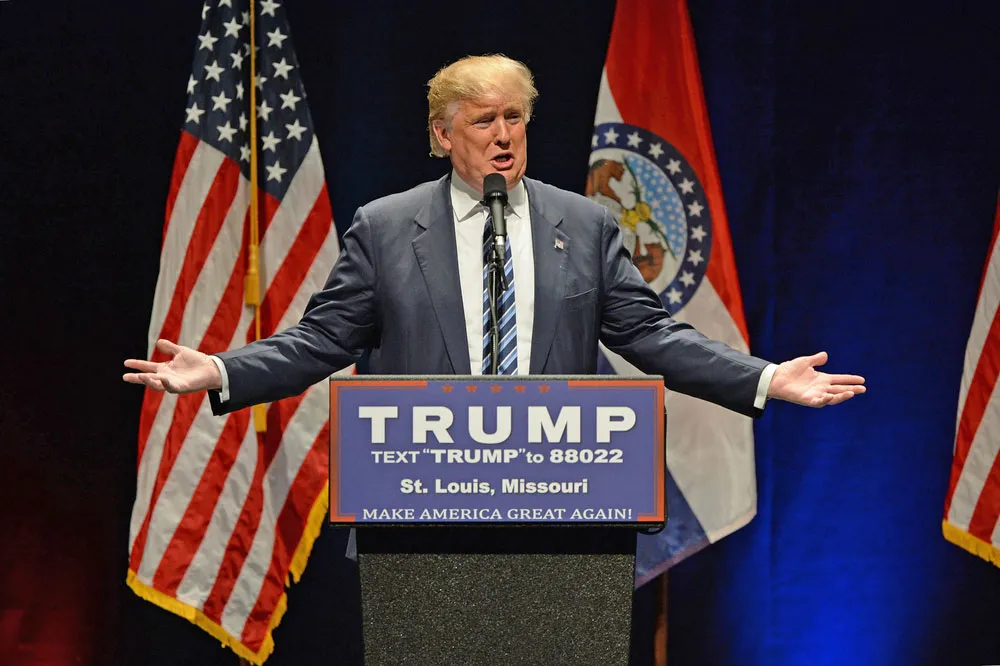On June 20, President Donald Trump chaired a high-level National Security meeting, focusing not on conventional threats—but on Bitcoin. This bold pivot signals a potential transformation in U.S. economic and defense policy, where digital assets are now part of national interest.
The Rise of the Strategic Bitcoin Reserve
Trump’s administration continues to double down on its March 2025 Executive Order, which established the U.S. Strategic Bitcoin Reserve and a broader Digital Asset Stockpile. According to the statement, this reserve is to be acquired via legal forfeitures, not open-market buys, and is intended for long-term holding, not active trading.
What’s notable is that this initiative now falls under the umbrella of national security—a framing that elevates the role of Bitcoin from a financial curiosity to a strategic economic shield.
Quiet but Calculated: A Long-Term Play
Despite the magnitude of this policy, on-chain data remains quiet. There’s no surge in wallet activity or buying pressure, suggesting this is a long-term sovereign strategy, not a market pump.
Trump also discussed regional crypto cooperation with Pakistan’s Field Marshal Syed Asim Munir, potentially hinting at international partnerships in digital asset governance.
Why This Matters for Investors
With Bitcoin hovering around $106,000, its market dominance above 64%, and a circulating supply nearing 20 million, the stage is set for a major rethinking of Bitcoin’s role. As more governments look into reserve crypto holdings, Bitcoin could begin to mirror the function of gold in sovereign finance.
If the U.S. sets the precedent, other nations may follow—potentially triggering global reserve demand.
Takeaway: While the immediate price action remains calm, the geopolitical and institutional shift toward Bitcoin as a reserve asset is gaining ground. Investors should monitor this trend closely for signs of long-term structural change in the market.
Disclaimer: This article is not financial advice or an investment recommendation. Always do your own research before making investment decisions.







